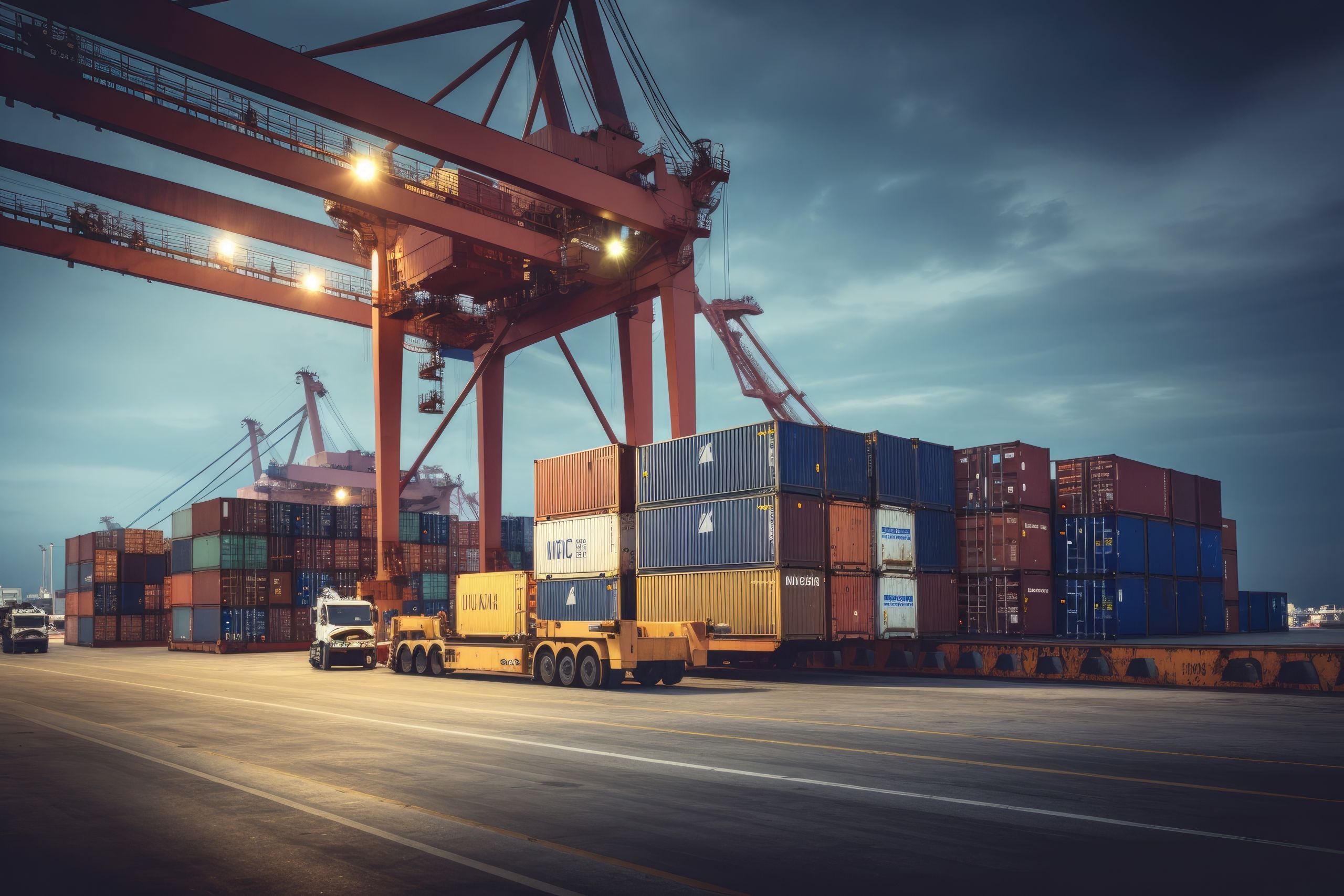No products in the basket.
transport

The transportation industry is essential for the safe and timely movement of people, and goods. These comprise some industries like airlines, road motor cars, motor carriers, shipping or water transportation and railway.
On the other hand, as interdependent transportation systems become more prevalent, the transport industry is exposed to an increasing incidence of cyber-attacks. In the past, the industry mainly aimed at protecting passengers and goods from physical threats, but today it has to face the growing problem of cyber threats.
However, in the modern world, these same systems have become of great price and thus attractive targets for hackers. For instance, there were 40 million attacks on the Port of Los Angeles per month during 2022. Moreover, these attacks increased in frequency since there was civil unrest in Ukraine.
Safeguarding Transportation: Growing Importance of Cybersecurity.
Cybersecurity Challenges in the Transportation Industry
1. Data breaches
Notably, the recorded percentage of data breaches in the transportation and logistics sector rose by up to 50% in the year 2021. The average cost of data breaches for this industry was US$ 4.1 million.
2. Increasing reliance on connected systems
The transport department has increasingly moved its reliance on such closely related departments as control systems, GPS, and communicative systems. Such a system makes their systems vulnerable and dependent, making them susceptible to attacks.
3. Real-time data management
For instance, transport systems entail high volumes of actual-time data such as passenger movements, vehicle positioning, and information on road conditions among others. To avoid tampering, this information needs to be secured when in transit as well as while at rest.
4. Complexity of the healthcare ecosystem
Social engineering including phishing and impersonation are forms through which cybersecurity is often breached by human error. Usually, cyber attackers will camouflage themselves in such a manner that human resources could inadvertently open a malicious link on their computers and involuntarily reveal confidential information in the simplest targets of the attacks within the sector.
5. Cybersecurity skills shortage
Cybersecurity in the transportation sector also has a level of professional shortfall as witnessed in other sectors. It is no walk in the park to choose a relevant and competent stakeholder concerning security matters in transport.
6. Ransomware
This type of malicious software, called ransomware, locks up a company’s network and does not allow work unless the hackers are paid. As per IBM research, about 25 per cent of them involve ransomware attacks. It is due to phishing and vulnerabilities that they become successful attacks. Trained professionals can help front-line staff to stop such occurrences.
Enhancing Security and Compliance in the Transport & Logistics Industry
- Managed Defense and Response Services
- Penetration Testing
- Data Breach Prevention
- Connected Systems Security
- Human Error Mitigation
- Ransomware Defense
- Cloud Security Solution
- Data Security and Compliance








